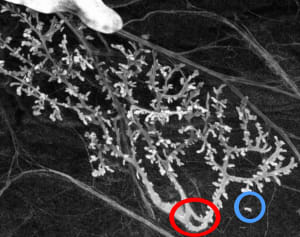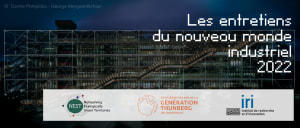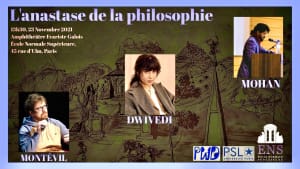
How does randomness shape the living?
Figuring Chance: Questions of Theory
In biology, randomness is a critical notion to understand variations; however this notion is typically not conceptualized precisely. Here we provide some elements in that direction.
Abstract
Physics has several concepts of randomness that build on the idea that the possibilities are pre-given. By contrast, an increasing number of theoretical biologists attempt to introduce new possibilities, that is to say, changes of possibility space – an idea already discussed by Bergson and that was not genuinely pursued scientifically until recently (except, in a sense, in systematics, i.e, the method to classify living beings).
Then, randomness operates at the level of possibilities themselves and is the basis of the historicity of biological objects. We emphasize that this concept of randomness is not only relevant when aiming to predict the future. Instead, it shapes biological organizations and ecosystems. As an illustration, we argue that a critical issue of the Anthropocene is the disruption of the biological organizations that natural history has shaped, leading to a collapse of biological possibilities.













